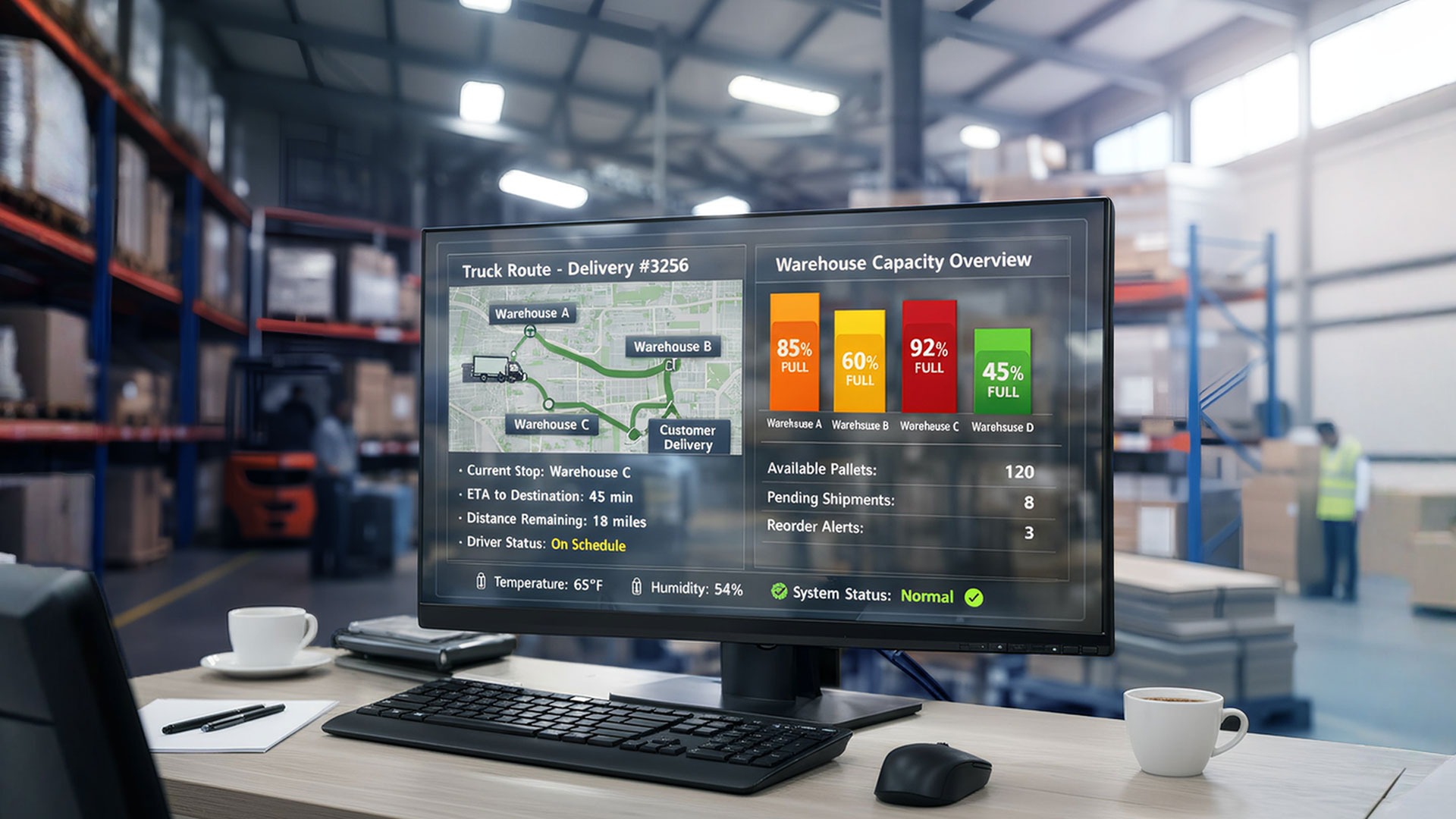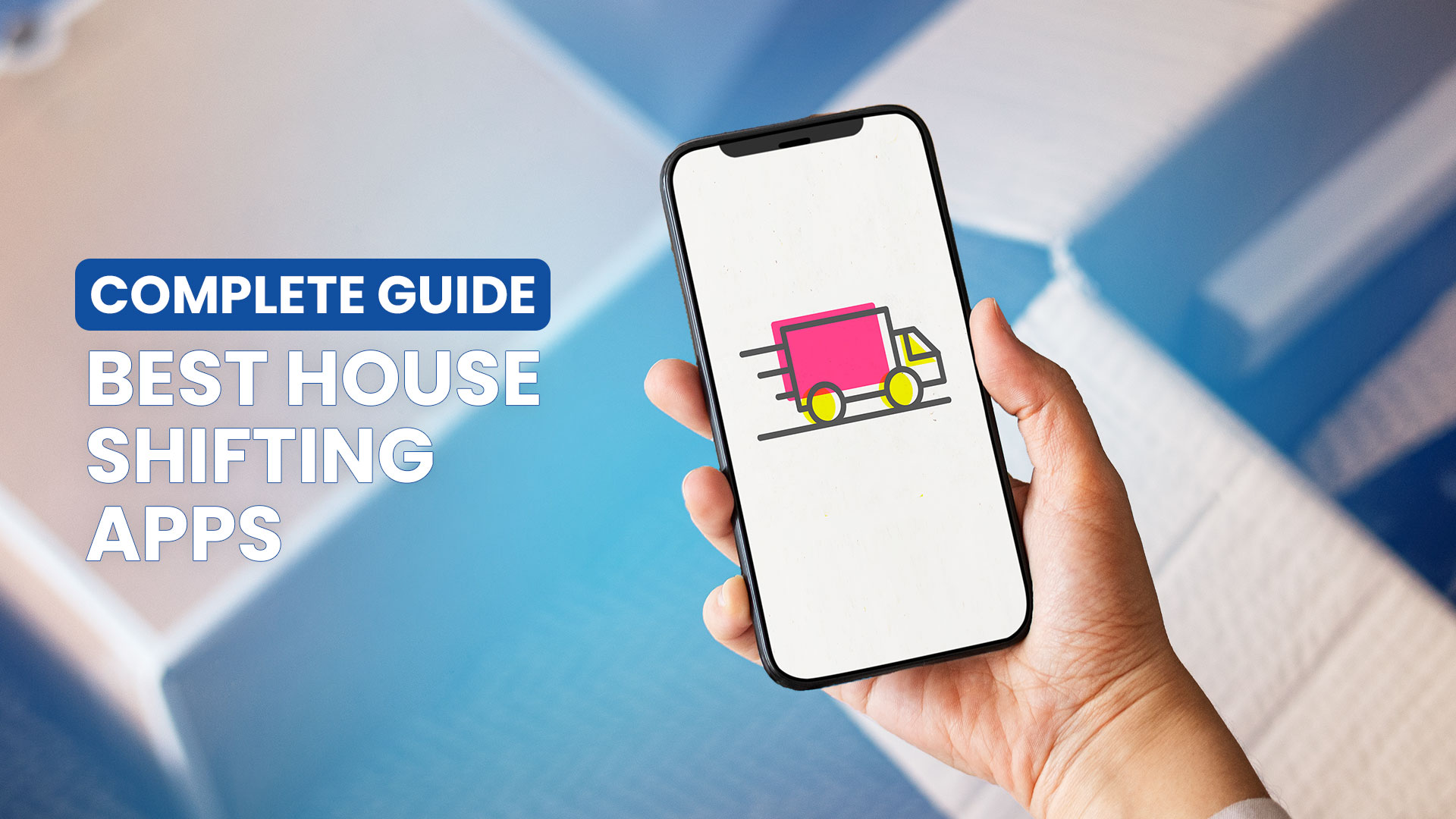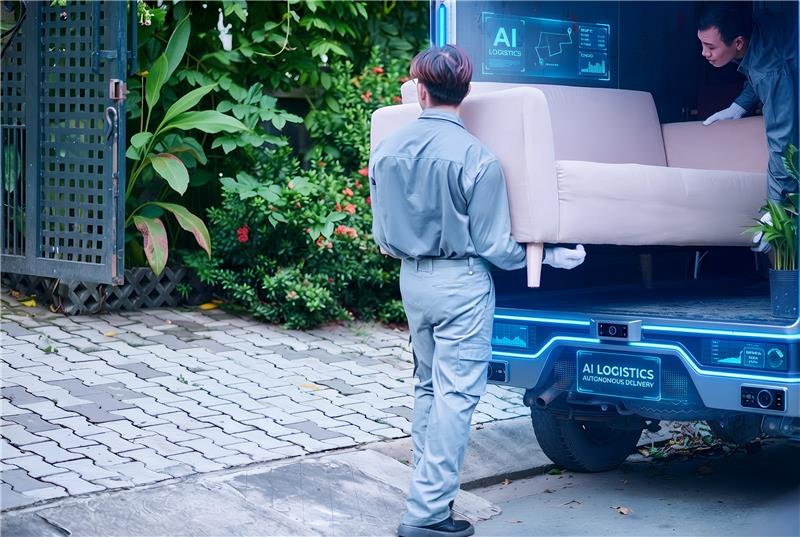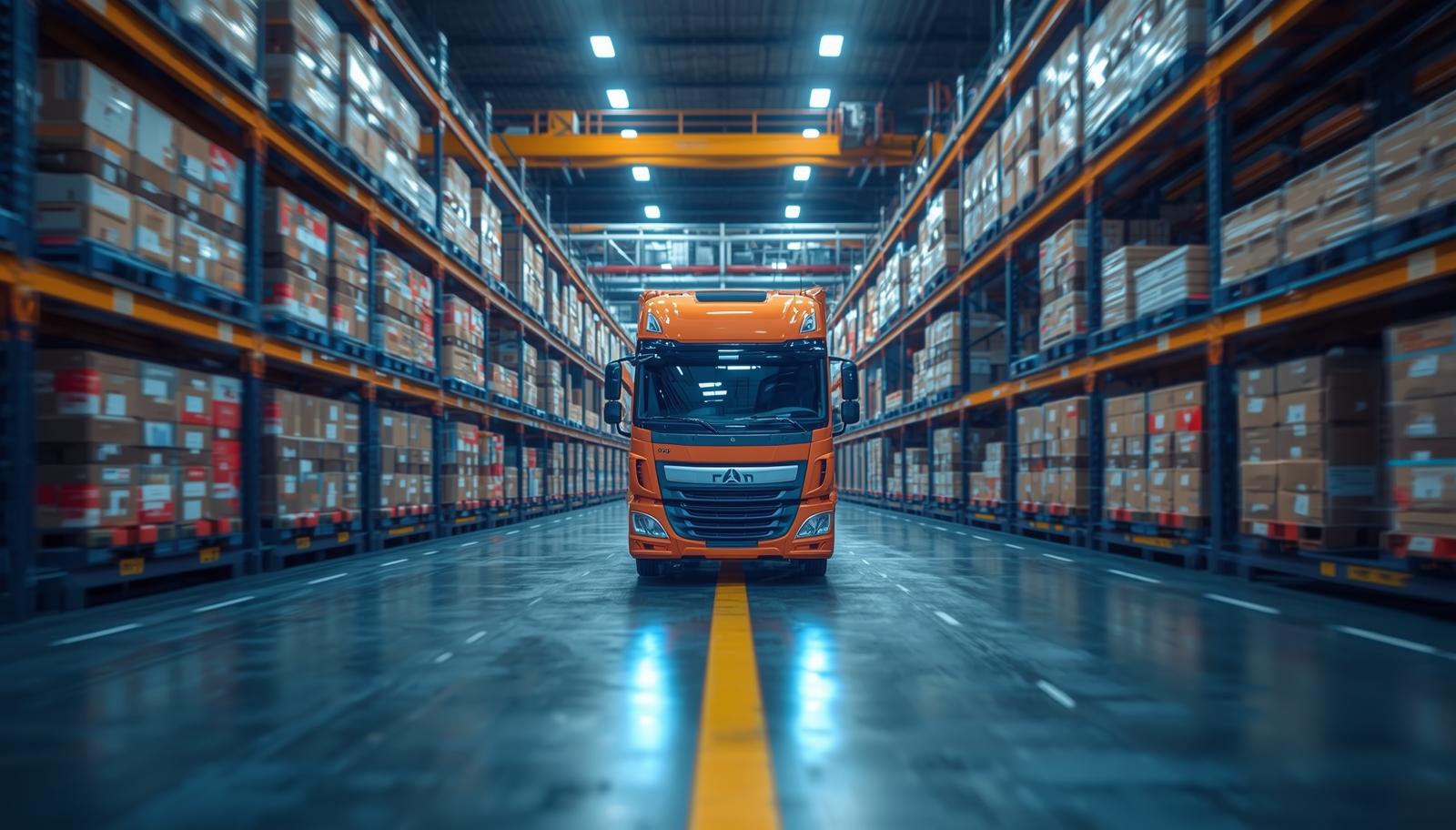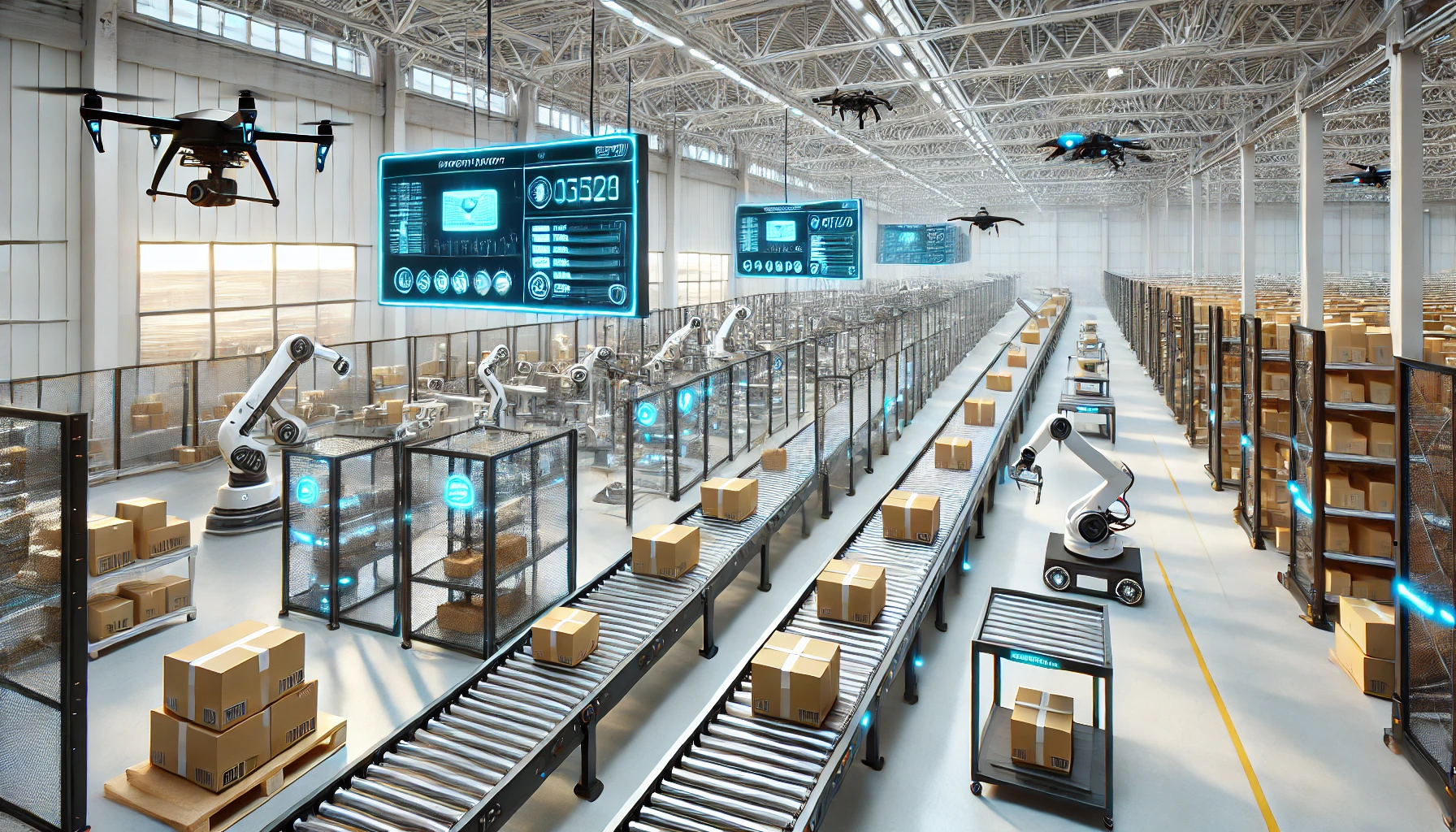
To achieve operational success in the ever-changing world of logistics we have no other option but to make sure that all the suppliers’ stores located globally are linked to eventual purchasers by a stream of true and up-to-date information. Over the years, logistics communication has faced many hiccups including human error among others. But more and more, these challenges are managed efficiently because of technology, especially automated notifications.
When discussing logistics communication, one cannot ignore the importance of automated notifications, which are driven by technology. By ensuring that the right information gets to the right people at the right time, these notifications are changing the way things are done drastically as they improve efficiency and reliability in operations related to the transportation of goods. Let’s explore the ways in which automated notifications can streamline logistics communication by looking at the advantages they offer, how they are used in practice, how they can be put into action today/now, and what we might expect from them tomorrow.
Understanding Logistics Communication
Logistics communication comprises the exchange of information required to manage goods’ flow from where they are coming from to where they are going for consumption. It means bringing together different activities associated with moving goods (transporting), storing products in the right place (warehousing), keeping products until ordered (inventory management), and satisfying customers’ demands (order fulfillment).
Components of Logistics Communication
Effective logistics communication requires the seamless integration of various components such as:
- Order processing: Managing and tracking customer orders.
- Inventory management: Monitoring stock levels and ensuring availability.
- Transportation coordination: Scheduling and routing shipments.
- Warehouse operations: Managing storage and handling of goods.
- Customer communication: Keeping customers informed about order status and delivery.
Challenges in Traditional Logistics Communication
Several difficulties are faced by traditional logistics communication methods, usually depending on manual procedures:
- Delays: Manual care and correspondence are what cause delays in timing. This affects one’s ability to wean decisions thereby hindering responsiveness.
- Errors: Errors made by people when inputting data or communicating with others lead to inaccuracies and misunderstandings.
- Lack of real-time updates: Slower facts and figures could make supply chains less efficient and disorderly.
- Inefficiency: Manual ways take up a lot of time and require plentiful resources, hence augmenting operational costs.
Role of Technology in Transforming Logistics Communication
The advent of technology has completely transformed communication in logistics through automatic systems that guarantee timely, correct, and efficient transmission of information. An excellent case in point is notification automation, which offers instant feedback and lowers overreliance on human interventions. AI, IoT, and blockchain are advanced tools that make decision-making quick facilitate error reduction, and enhance transparency, leading to increased overall efficiency and satisfaction of the customer.
Understanding Automated Notifications
What are Automated Notifications?
Automated alerts are predetermined messages that occur as a result of definite happenings or behaviors within a route network. These messages are dispatched on their own to important players through multiple correspondences showing that vital details are rapidly spread. Customization of automated notifications should reflect both organizational demands and individual end-users’ preferences.
Types of Automated Notifications in Logistics
- Email Notifications: Stakeholders’ email accounts have up-to-the-minute information.
- SMS Notifications: Messages that are quick, concise, and short thus well suited for mobile phones and best used for updates regarding time.
- Push Notifications: Alerts are sent through mobile applications to ensure they can be immediately seen.
- In-App Notifications: Messages displayed within logistics management software or mobile apps, providing context-specific information.
Benefits of Automated Notifications in Logistics
The efficiency is improved by automated notifications in logistics through the provision of real-time updates, thus reducing delays and enhancing communication within the supply chain.
1. Boosting Real-Time Communication Efficiency
Automated notifications ensure real-time updates are received by all parties and enable them to swiftly address changes or problems, such as enabling customers to get rapid updates about their orders or alerting warehouse owners on changes in stock levels.
2. Minimizing Human Errors in Logistics
When communication processes are automated, there is less risk of mistakes made by people. This means that no human intervention will be required when entering data or sending messages because there will be automated notifications that make sure that everything sent is correct every time.
3. Maximizing Operational Efficiency
Automated notifications simplify logistics operations by giving out timely and pertinent information that aids in making better decisions that in turn result in reduced delays and optimized use of resources. In one example, transportation managers may receive updates concerning traffic flow at the moment and hence make necessary changes concerning routes.
4. Elevating Customer Satisfaction Levels
To ensure that customer is satisfied, you have to keep on informing them about the progress of their orders and how delivery is scheduled. Via auto-notifications customers will be alerted when their goods have been dispatched, this will minimize their anxiety while at the same time adding to a better service experience thus increasing loyalty and good word either on social media or public reviews; all those things are achieved by automated notifications.
5. Achieving Significant Cost Savings
Reduction in operational costs can be achieved by automated notifications hence less manual communication and fewer errors which may cause costly delays or even mistakes while optimizing logistics processes will lead to considerable savings in total business expenses.
Applications of Automated Notifications in Logistics
1. Optimizing Inventory Management with Automated Alerts
When stock levels are low, or when there is a discrepancy in inventory counts, warehouse managers can be alerted using automated notifications. This way, stockouts or overstocking risks are reduced while managing inventory effectively.
2. Enhancing Order Tracking and Real-Time Updates
Customers can receive automated notifications at different points of their order process journey, beginning with order confirmation right to the point of shipping and delivery. This transparency improves the customer experience and decreases the need for customer inquiries.
3. Streamlining Delivery Status Notifications
Notifications are automated so that customers and logistics teams are kept up-to-date with the progress of their deliveries. They include real-time updates for estimated time of deliveries, delay alerts and successful deliveries hence enhancing general coordination and customer contentment.
4. Revolutionizing Warehouse Operations with Automation
If automated notifications are employed, they can make warehouse operations more efficient by making workers aware of arriving deliveries, urgent duties, or maintenance needs, thus resulting in the speedy realization of warehouse tasks in an organized manner and without wasting resources.
5. Improving Fleet Management through Automated Notifications
Transportation managers can receive automated notifications about vehicle maintenance schedules, route changes, and driver performance. This helps in optimizing fleet operations and ensuring timely deliveries.
Implementing Automated Notifications in Logistics
Key Considerations for Implementation
- Choosing the Right Technology: It is crucial to choose a stable and scalable technology platform that supports automated notifications by considering aspects like integration capabilities, user-friendliness, and dependability.
- Integrating with Existing Systems: For operations to be smooth, it is essential that the automatic notification system integrates seamlessly into current logistics management software as well as other relevant systems.
- Customizing Notifications: Enhancing their effectiveness can happen through customizing the notifications basing them on the business requirements as well as the needs of the recipients: such customization will involve defining its triggers, content, and delivery channels.
Best Practices for Effective Use
- Clear and Concise Messaging: Automated alerts must be understandable without confusing the receiver, providing necessary details instead of filling up space with superfluous language.
- Timeliness and Frequency: It is important to send notifications at the appropriate times and with the right frequency otherwise there will be either loads of information at once or too slow access to what people want.
- Personalization: Making notifications that are personalized by the recipient’s role as well as preferences could help in making them more relevant and effective.
- Monitoring and Optimization: Improving their effectiveness involves continuously monitoring the performance of automatic notifications and then optimizing them based on feedback and data analysis.
Future Trends in Automated Notifications for Logistics
The industry of logistics is about to be transformed by automatic notifications, as technology changes. Some future developments that will change the course of logistics automation in the future include:
AI and Machine Learning in Automated Notifications
By combining artificial intelligence (AI) with machine learning (ML), one can increase the automation and personalization of notifications — thanks to predictive analytical capabilities enabled by it. With data pattern analyses for possible occurrences, AI makes predictions of what could go wrong before it happens; thus proactive notifications are sent to prevent downtime.
Predictive Analytics and Proactive Notifications
With predictive analytics, the logistic process anticipates any possible hold-ups caused by a lack of stock, late deliveries, or other issues. As a result, stakeholders get automatic alerts sent ahead of time about such problems so that they can act accordingly.
Integration with IoT (Internet of Things)
In logistics, combining Automatic Notifications and IoT gadgets could lead to real-time updates at different locations along the logistics path, e.g. sensors installed on a shipment can detect its status and, in case of any anomalies, prompt automatic notifications.
Enhanced Security Measures
Ensuring the security and privacy of information that is communicated through these automated notifications should be the top concern. This can be achieved by having strong security measures that include encryption protocols, authentication systems, and access controls in place to safeguard any sensitive data available.
Conclusion
Automated notifications are essential in optimizing communication for logistics to improve real-time communication & logistics visibility by reducing mistakes made by men; hence improving the efficiency of operations as well as augmenting customer satisfaction. It’s possible to witness their transformative impact bearing in mind how they serve in the stock control, follow-up of orders, delivery update notifications, and managing warehouses and vehicles in asset automation.
The integration of AI, predictive analytics, IoT, and enhanced security measures will further revolutionize automated notifications in logistics. For the automated notifications to be effective, you have to consider carefully technology, integration, and customization. It can increase the effectiveness of automated notifications when they are timely delivered and messaged while offering them in a personalized way.
How Can Wahyd Logistics Help?
With expertise in Logistics and a long list of happy customers, Wahyd Logistics is always committed to providing seamless logistics services that cater to your business requirements.
We are here to offer you hassle-free and customized logistics solutions, so you can do more with your business while we handle all the challenging tasks!
Contact our logistics experts today and we will be happy to help with your logistics.

